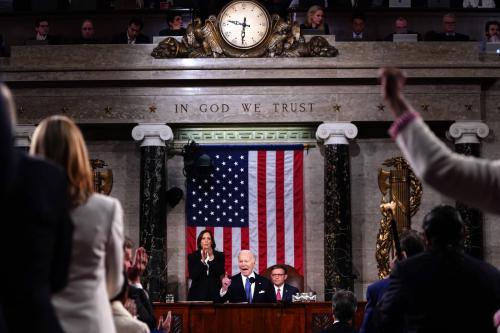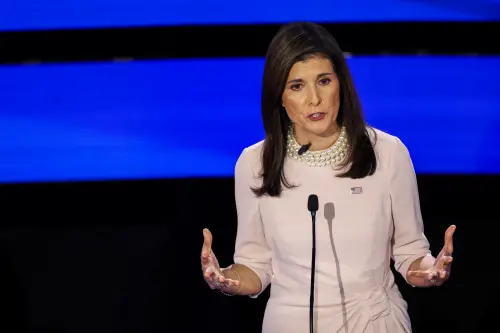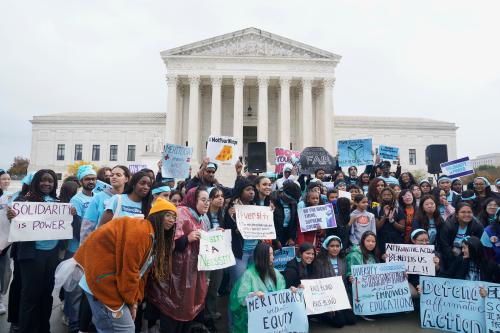Content from the Brookings Doha Center is now archived. In September 2021, after 14 years of impactful partnership, Brookings and the Brookings Doha Center announced that they were ending their affiliation. The Brookings Doha Center is now the Middle East Council on Global Affairs, a separate public policy institution based in Qatar.
As President Obama’s second term gets underway, The American Prospect asked experts and activists look back and weigh in on who Obama should have chosen to serve, if partisan politics (and reality) were no object. Please find below Shadi Hamid’s contribution, which discusses Obama’s optimal choice for Secretary of State.
Secretary of State
John Kerry would be a safe bet and a solid Secretary of State. But I’m not sure if a safe, solid Secretary of State—or a solid Secretary of Defense—is precisely what America needs now. That Kerry turned against the Iraq war and revised his views on the use of force is a credit to him. President Obama has clearly decided that he wishes to pursue a prudent, status quo-oriented foreign policy. But as the Middle East threatens to implode and with America’s moral leadership increasingly in doubt, a better choice would be someone at least slightly outside the Washington consensus—someone who saw foreign policy as a way to fashion new opportunities rather than manage the same set of threats. Though the Obama administration may not agree, the Arab Spring is on par with the transformative world events of 1848, 1945, and 1989. In an ideal world, Obama would appoint someone who gets the Arab revolutions and understands the opportunities they provide for bold, creative U.S. policymaking.
To be sure, there are few candidates of stature who fit that bill. Two exceptions are Samantha Power and Michael McFaul. Power came from a human rights background and, as Director for Multilateral Affairs on Obama’s National Security Council, has been a key administration voice for a more ideals-based foreign policy (especially during the debate over intervention in Libya). McFaul was also a senior NSC director and is now U.S. Ambassador to Russia (full disclosure: I briefly worked with McFaul when I was a fellow at the center he directed at Stanford University). Before joining the administration, he established himself as one of the leading American scholars not only on Russian politics but also on democratic transitions, an issue that is front and center not only in the Arab world, but also in Africa, Latin America, and parts of Eastern Europe. There is also something to be said for having an academic in the position, which can mean (but certainly doesn’t always) that the person in question has a broader, longer-term view of economic and political dynamics and the role they play in international politics.
Read the full list of recommendations by a range experts and activists on The American Prospect »



Commentary
Op-edThe President’s Fantasy Cabinet
January 21, 2013